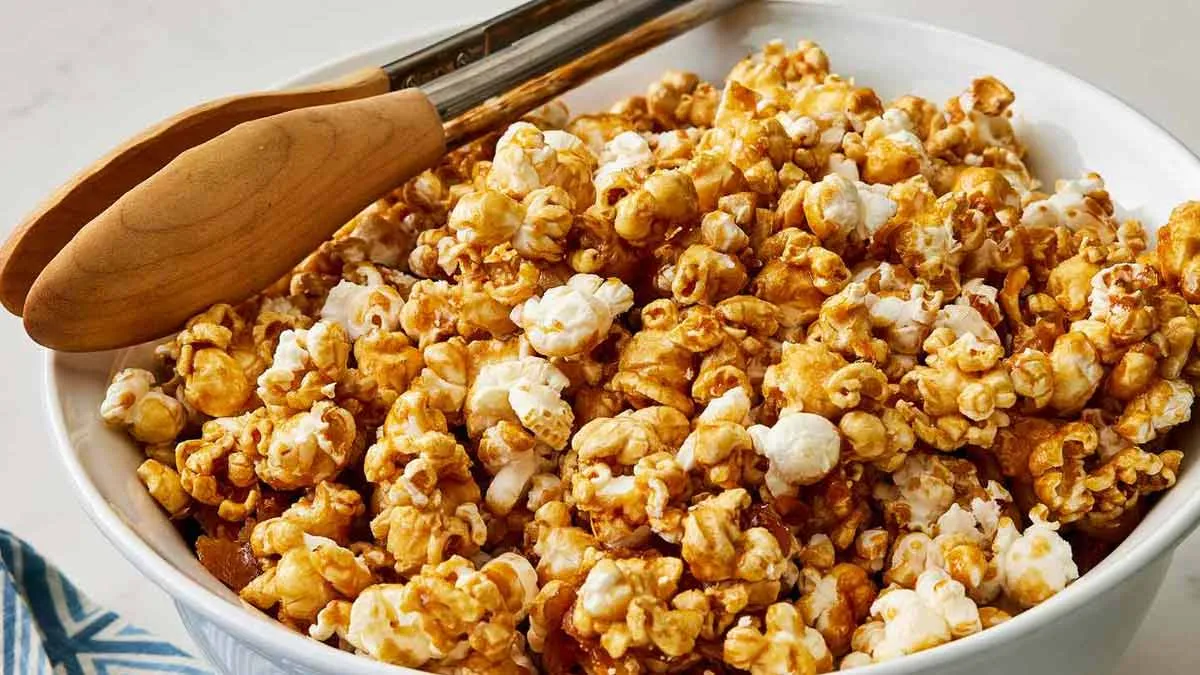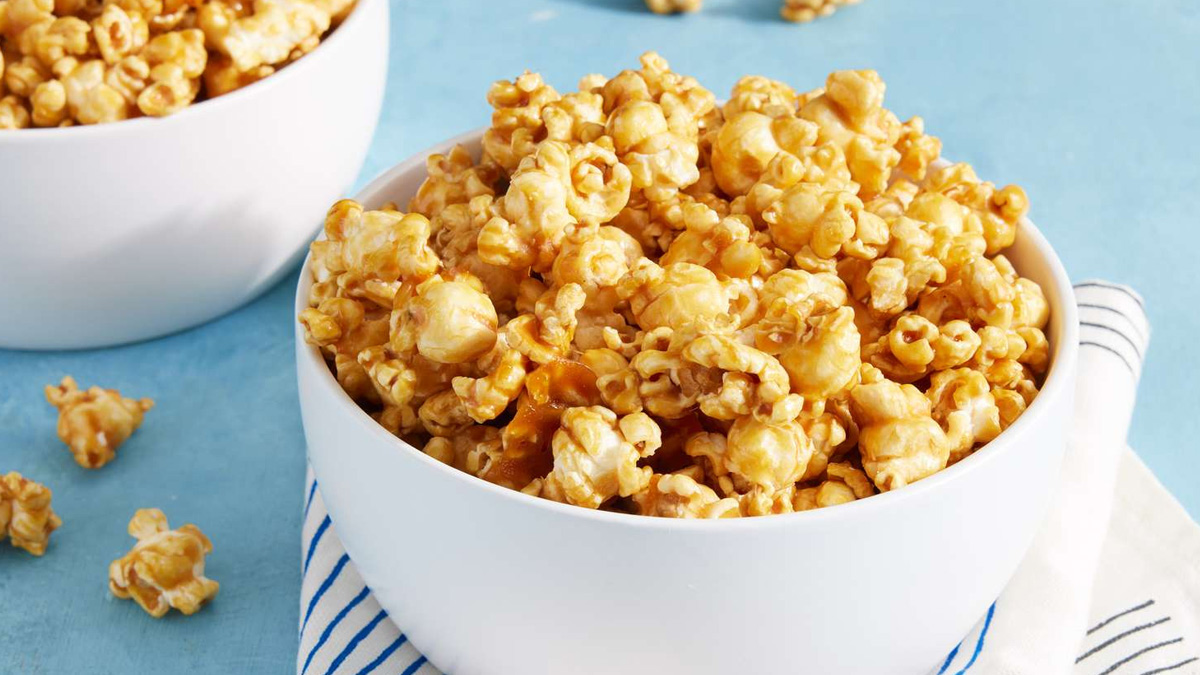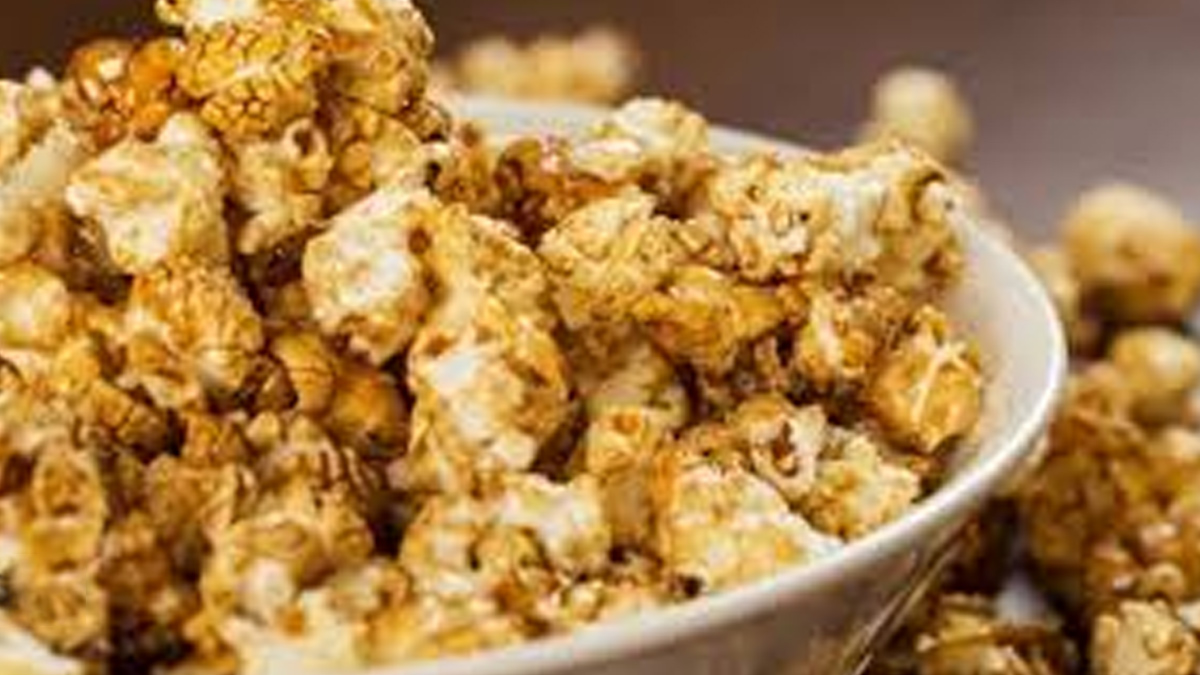
Popcorn is a beloved snack, often enjoyed during movie nights, parties, and fairs. However, when it comes to caramelised popcorn, the situation changes drastically. While this sweet treat may be delicious, it carries significant health risks, especially for children. The recently imposed Goods and Services Tax (GST) on caramelised popcorn has raised concerns, but the focus should also be on the health risks it poses due to its high sugar content and potential long-term effects.
Table of Content:-
The Hidden Dangers of Caramelised Popcorn
Popcorn on its own is a healthy snack when air-popped, providing a great source of fiber without any added sugar, fat, or salt. However, when sugar and butter are added to make it caramelised, the snack transforms into a sugary indulgence that can harm children's health. A single serving of caramelised popcorn can contain an alarming amount of sugar, sometimes even exceeding the recommended daily sugar intake for children.

The Sugar Rush and Its Consequences
According to the World Health Organization (WHO), children between the ages of 4 and 6 should limit their added sugar intake to no more than 19 grams per day, while children aged 7 to 10 should consume no more than 24 grams. Yet, a single serving of caramelised popcorn can exceed these limits, with some servings containing upwards of 30 grams of sugar.
The immediate effect of this sugar overload is a spike in blood sugar levels, leading to hyperactivity followed by an energy crash. But the long-term implications are even more concerning. Consuming excessive sugar regularly increases the risk of obesity, type 2 diabetes, and dental cavities. It has also been linked to behavioural issues, such as attention deficit hyperactivity disorder (ADHD), making it clear that the health consequences extend far beyond just a sugar high.
Also Read: Holiday Brain Fog: Why December Feels Like The Ultimate Year-End Friday Slump
Moreover, research has shown that sugar activates the same areas of the brain as addictive substances, which leads children to crave sugary snacks more and more, setting the stage for lifelong unhealthy eating habits.
Tooth Decay and Other Oral Health Risks
Caramelised popcorn’s sticky coating makes it especially dangerous for children’s oral health. The sugar that clings to teeth provides an ideal environment for harmful bacteria to thrive. These bacteria produce acids that attack tooth enamel, leading to cavities and, in severe cases, gum disease. Since young children may not have established good oral hygiene habits, they are at a higher risk for tooth decay and related complications.

The Link Between Sugar and Behavioral Issues
Beyond physical health, sugary snacks like caramelised popcorn can impact children’s behaviour and cognitive function. Parents often report that high-sugar foods lead to hyperactivity, irritability, and difficulty focusing. Moreover, diets rich in sugar have been associated with poorer academic performance and problems with memory and learning. The mental and emotional toll of excessive sugar consumption is often overlooked, but it plays a significant role in a child’s overall development.
Healthier Alternatives to Caramelised Popcorn
The good news is that there are plenty of healthier alternatives to satisfy a child's craving for a crunchy snack. Air-popped popcorn is an excellent base for a healthy snack. You can season it with a sprinkle of cinnamon, nutritional yeast, or a dash of cheese to enhance the flavor without adding sugar. For a balanced and filling snack, consider combining unsweetened popcorn with dried fruits, nuts (if age-appropriate), or whole-grain cereal.
Also Read: FDA May Finally Put A Ban On Artificial Red Dye In Foods And Drinks Amid Health Concerns
Vegetables also make a great alternative. Carrot and cucumber sticks paired with hummus provide the same satisfying crunch but offer essential nutrients, vitamins, and fiber. By choosing these alternatives, parents can ensure their children are enjoying healthier snacks without compromising on taste.
Be Mindful of Hidden Sugars
When selecting snacks for children, it’s important to read labels carefully and be aware of hidden sugars. Ingredients such as glucose, fructose, and high-fructose corn syrup often signal added sugars. By being vigilant and informed, parents can make better snack choices for their children, promoting overall health and well-being.
Bottomline
While caramelised popcorn remains a popular treat, it’s essential to consider the health risks, especially for children. With high sugar content leading to a range of physical and behavioral issues, the sweet treat might not be worth the harm it causes. By opting for healthier alternatives and staying mindful of hidden sugars, parents can protect their children's health while still enjoying delicious snacks.
Also watch this video
How we keep this article up to date:
We work with experts and keep a close eye on the latest in health and wellness. Whenever there is a new research or helpful information, we update our articles with accurate and useful advice.
Current Version